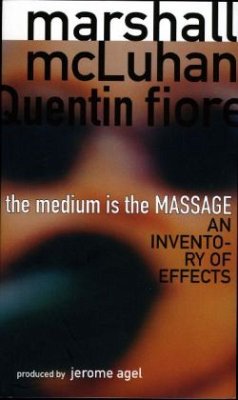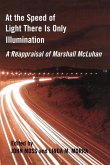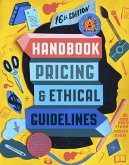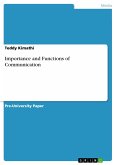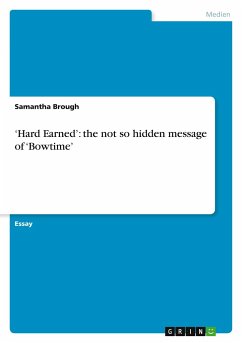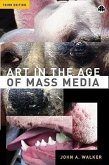30 years after its publication Marshall McLuhan's The Medium is the Massage remains his most entertaining, provocative, and piquant book. With every technological and social "advance" McLuhan's proclamation that "the media work us over completely" becomes more evident and plain. In his words, so pervasive are they in their personal, political, economic, aesthetic, ps ychological, moral, ethical and social consequences that they leave no part of us untouched, unaffected, or unaltered'. McLuhan's remarkable observation that "societies have always been shaped more by the nature of the media by which men communicate than by the content of the communication" is undoubtedly more relevant today than ever before. With the rise of the internet and the explosion of the digital revolution there has never been a better time to revisit Marshall McLuhan.
Bitte wählen Sie Ihr Anliegen aus.
Rechnungen
Retourenschein anfordern
Bestellstatus
Storno

